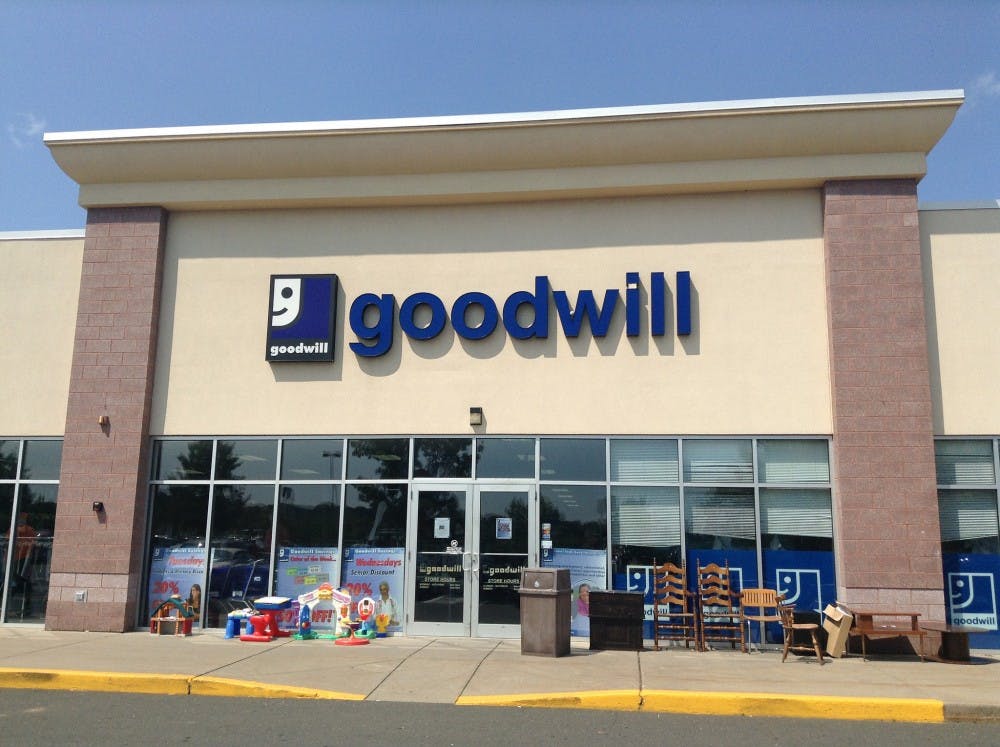
Earlier this month, the United Nations (UN) released a report that claimed we could be facing a major, climatic crisis in fewer than 25 years. It paints a dire picture, stating that in order to avoid catastrophe, a complete transformation of the world economy is required — at a speed and scale unlike any other in recorded history. Without change, hundreds of millions of people will be put directly in harm’s way.
There are many people rallying for change on the behalf of institutions that have the ability to address the heart of the issue: large corporations and government institutions. In 2017 just 100 companies were responsible for 71 percent of the world’s carbon emissions.
Here at Hopkins, Refuel Our Future has been working tirelessly to pressure the University to fully divest from fossil fuels. In an opinion written last week by Clarissa Chen and Barae Hirsch, who are both members of the organization, they called climate change “a systemic issue that must be addressed on a systemic level.”
On the other hand, there has also been an increase in efforts to promote ethical consumption on a personal level. Beyond the typical, little things like recycling and using reusable bags, arguments in support of personal-level strategies focus on organically grown food, vegetarianism or veganism, boycotting companies with known human rights violations and focusing on supporting humanely sourced products while reducing one’s carbon footprint.
In a perfect world, these goals would be easily attainable. Unfortunately the people who are put most at risk by unethical production and the threats of climate change are also the ones that perpetuate the systems that cause these issues — not by choice or due to apathy, but out of necessity. It’s hard to justify a 500 percent markup on a T-shirt if you’re struggling to pay your rent, and, for those living in low-income households, the price difference between organic and store-brand food can be the difference between having dinner and going to bed hungry.
Whether it’s getting a funny look when carrying a gallon of non-organic milk or receiving a 10-minute lecture about worker abuses in the clothing industry after mentioning that the majority of T-shirts I own come from Walmart, ethical-consumption advocates are often unable to understand people’s differences in means.
I am aware that a large portion of my purchases come from corporations that engage in extremely inhumane practices — I am painfully aware. However, it’s a lot easier to justify a $30 ethically produced shirt over a $5 Walmart or Target one when you don’t have to dip into your savings account to get it. It’s easier to say you will switch to organic meat and dairy as soon as you get off of the meal plan when you don’t start saving up for summer groceries in September.
Of course, there’s a number of great options to make a difference that are accessible to low-income people. A great example is secondhand retail, or thrift shops. On the last Saturday of every month, the Goodwill locations in Baltimore offer 50 percent off everything in the store. Shopping at places like this allows you both to reuse clothes at a non-cost prohibitive store and to have the proceeds go to those in need!
However, this isn’t the end all be all. As a large, 6-foot-5-inch guy who measures his feet in yards, pickings can be slim at resale retailers. As much as I’d like to go to Goodwill and pick out an entire wardrobe, I can be lucky to find a single shirt. I can’t rely solely on a thrift store to supply my possessions.
Even if you can, not everybody can. Resale still relies on a constant influx of new merchandise purchased by consumers. An economy based on perpetual reuse is obviously unsustainable.
While reducing waste and reusing wherever possible makes a impact, it certainly can’t take all the power away from those 100 companies that contribute the most to climate change (Say it with me: There’s no ethical consumption under capitalism).
When someone criticizes people who can’t afford to consume as ethically as others, that person is criticizing them for falling victim to a system that forces them to buy into an arrangement that directly harms them.
Rather than looking down on a person who shops at Walmart, why don’t we work to provide means for them to consume ethically? Instead of asking them to sacrifice their own potential well-being by consuming more ethically, we should focus on making that consumption available to everyone.





